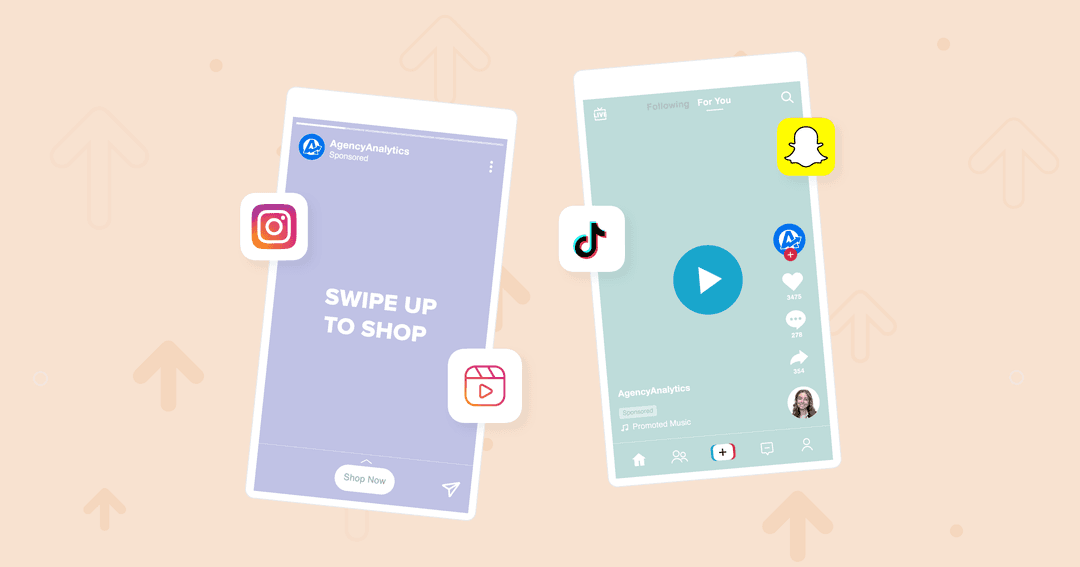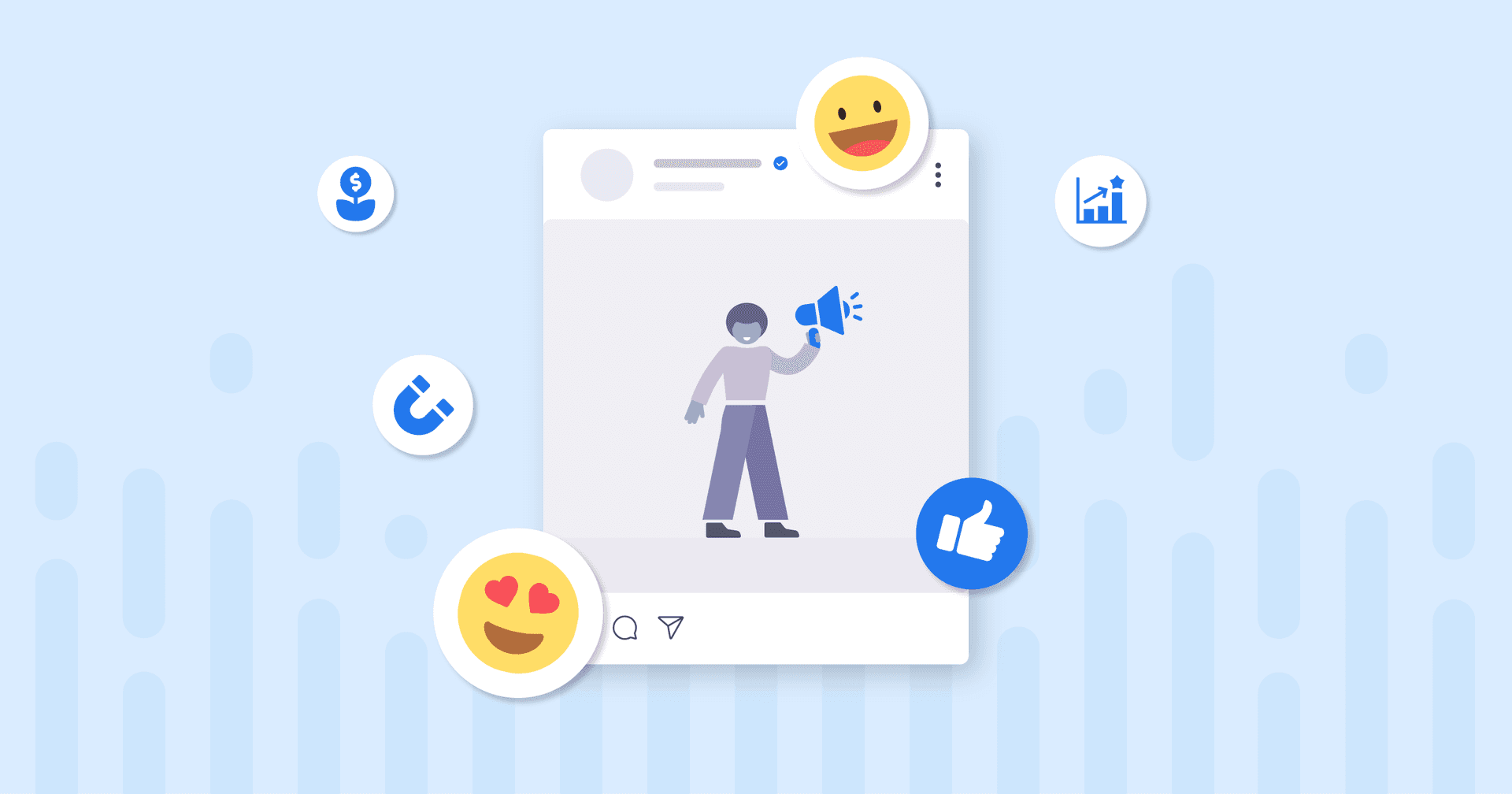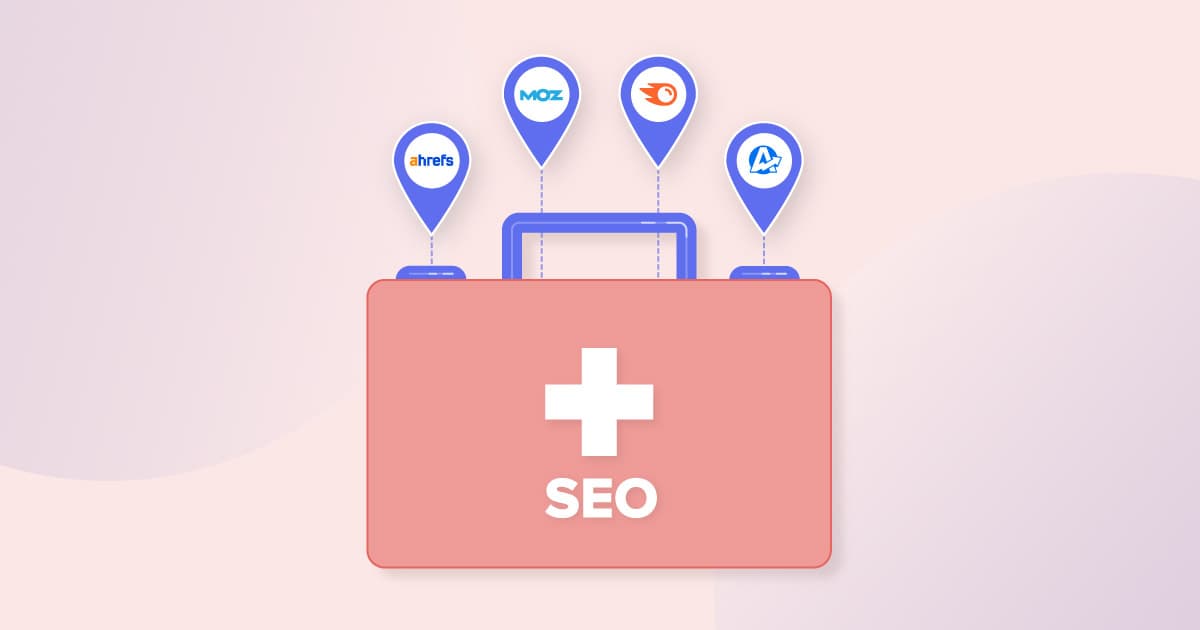Table of Contents
QUICK SUMMARY:
Marketing to Gen Z, or generation Z, focuses on engaging the digital-first generation that influences 40% of global consumers. This guest blog from Nick Butler shares key strategies, including user-generated content and tailored marketing approaches, to connect with Gen Z.
Gen Z has shaken up the marketing landscape, resulting in a massive shift in the industry and the marketing agency model as a whole–and many agencies are struggling with marketing to Gen Z and how to reach the younger generation of consumers.
Seeing as Gen Z accounts for 40% of consumers globally, that’s a considerable margin to miss out on.
Like in any facet of life, change is healthy and necessary. While it might make some people uncomfortable, consider still being stuck in the days of faxes and answering machines while trying to conduct your business efficiently.
As is often the case with significant change, young people are at the core of it. Gen Z's impact on the marketing agency model in such a short time is profound.
So, how have they managed to force massive organizations and structures to change how they operate in such an unprecedented fashion? To understand this, first, we need to understand a little bit about what makes Gen Z so unique and powerful.
What Makes Gen Z Different From the Generations Before Them?
Technologically-minded Wizards
Gen Z is the first generation to fully grow up with the internet and advanced modern technology.
As a millennial, I experienced the digital shrieks of internet dial-up and my family's shrieks when I disconnected the phone line yet again without forewarning to ‘surf the web.’
And for Generation X before me, I’m sure my privileged experience seemed advanced at the time. But the technological leap that has occurred in just a few short years is enormous.
Technology comes as second nature to Gen Z. They don’t need training on how to use devices or navigate the internet. It seems to be an inbuilt function of anyone born this side of the millennium.
Their deeper understanding of technologies and how to use them far surpasses that of most people twice their age.
Incredible Media Literacy
Spending most of their time online, they have a firm grasp on digesting and dissecting media at lightning speed.
When so much of Gen Z communication happens online, it’s no wonder they’ve sort of developed their own branch of language and human behavior.
Their online culture is complex and incredibly nuanced. It requires being chronically online to fully understand the ins and outs of their humor, how they veil sensitive topics and their obscure internet slang.
This in-depth and multi-layered media literacy allows them to see through much of the ‘fake news’ online. They’re skilled at spotting when people, brands, and organizations are virtue signaling and being inauthentic with their messaging.
Social Media Communities and Camaraderie
The pandemic drastically changed the experience of growing up for many kids and teenagers. Due to extended lockdowns and periods of social distancing and isolation, children were forced to do their socializing online for an unnatural length of time.
Thankfully, not even physical barriers could stand in the way of the desire and need for human connection. In the face of this unique social challenge and global anxiety, they found the space to form bonds, foster relationships, and grow entire communities online.
Social media is still a massively important tool for young people's social lives post-pandemic. It provides a space for young people to bond over shared issues and give each other the support they might not have access to in the real world.
Everyone’s an Activist
Anyone who has spent even the smallest amount of time online recently can tell you that the internet is an absolutely wild place.
Think ‘The Hitchhiker’s Guide To The Galaxy’ meets George Orwell’s ‘1984’, with a sprinkling of ‘The Life of Brian,’ as depicted by Salvadore Dalí, and you’ve got an average Tuesday afternoon on Twitter.
And while you can unlock an abundance of nonsense online (to put it delicately), the internet has also democratized access to vital information that isn’t always given the same weight in mainstream media.
Gen Z is constantly exposed to news stories from around the globe and is more in tune with social justice issues and the climate crisis than ever before.
Today’s youth are harnessing their anxiety and outrage and using it as a driving force for their activism. Their desire and demand for positive change are incredibly impressive, and they’re not afraid to make their voices heard online.
If you think that this generation is a bit too activism-focused like they are simply unable to handle the harsh realities of succeeding in this world? You’ll likely be met with a not-ironic usage of “Ok, Boomer.”
What Does This Mean for Marketing Agencies?
You might be asking, what does all this have to do with me? It’s been determined that 98% of Gen Zs have a smartphone, spending a whopping average of four hours on apps every day. Honestly, no surprises there!
They are incredibly connected and like to share their experiences with others in their circle of influence, both physical and digital. So, it would be incredibly naive to overlook the influence this generation of young people has on how we do business now and in the future.
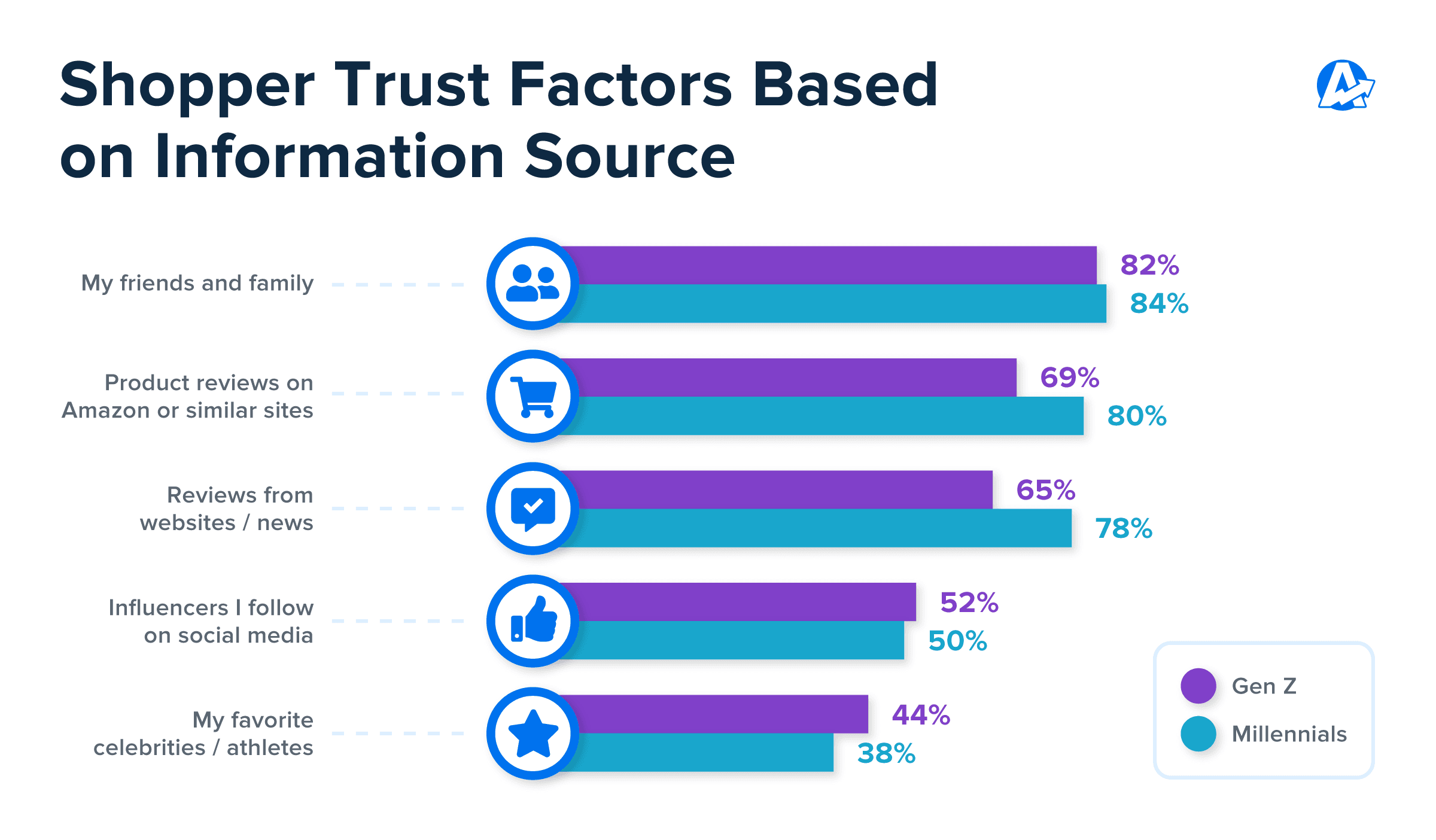
It’s crucial that we respond to their wants and needs if we want to remain relevant and have any chance at being successful in today’s online-centric market.
Here’s how we can do that.
1. Constantly Evolve With the Times
It’s a case of sink or swim online. While things change in the blink of an eye, you’ve got to stay committed to keeping up to date with trends, humor, and new ways of communicating online.
Consider hiring a new position to be filled by a young consumer who can relate to what it’s like to be on the other side of the screen. They’re the experts in staying relevant and will help you provide true value to your young customers.
2. Be Inclusive and Authentic
Like everyone, Gen Z wants to feel seen. They’re just not afraid to ask for it.
Gen Z is genuinely changing the world regarding visibility for their communities and breaking marketing molds of old. This is a long overdue shift and a significant step for equal representation. BeReal, the social media platform known for its lack of filters, edits, or perfect lighting, is an example of social media as a way to maintain connections in an authentic way.
Be sure to embrace it and have fun–breaking free from traditional restrictions and expectations! It’s important that this is coming from a genuine place, simply from a moral standpoint, but also, the Gen Zs will sniff you out in seconds if they think you’re being inauthentic.
3. Embrace Social Media
Whatever you make of social media in a personal capacity, it is an incredibly useful marketing tool when used correctly.
97% of Gen Z report using social media apps as their primary shopping resource. Effectively, all of their online shopping happens through social media. Take TikTok, for example: with over 1 billion active users worldwide, you can imagine the potential.
To gain access to this massive pool of consumers, you’ve got to be active across all relevant platforms and use them relatable and engagingly. No pressure!
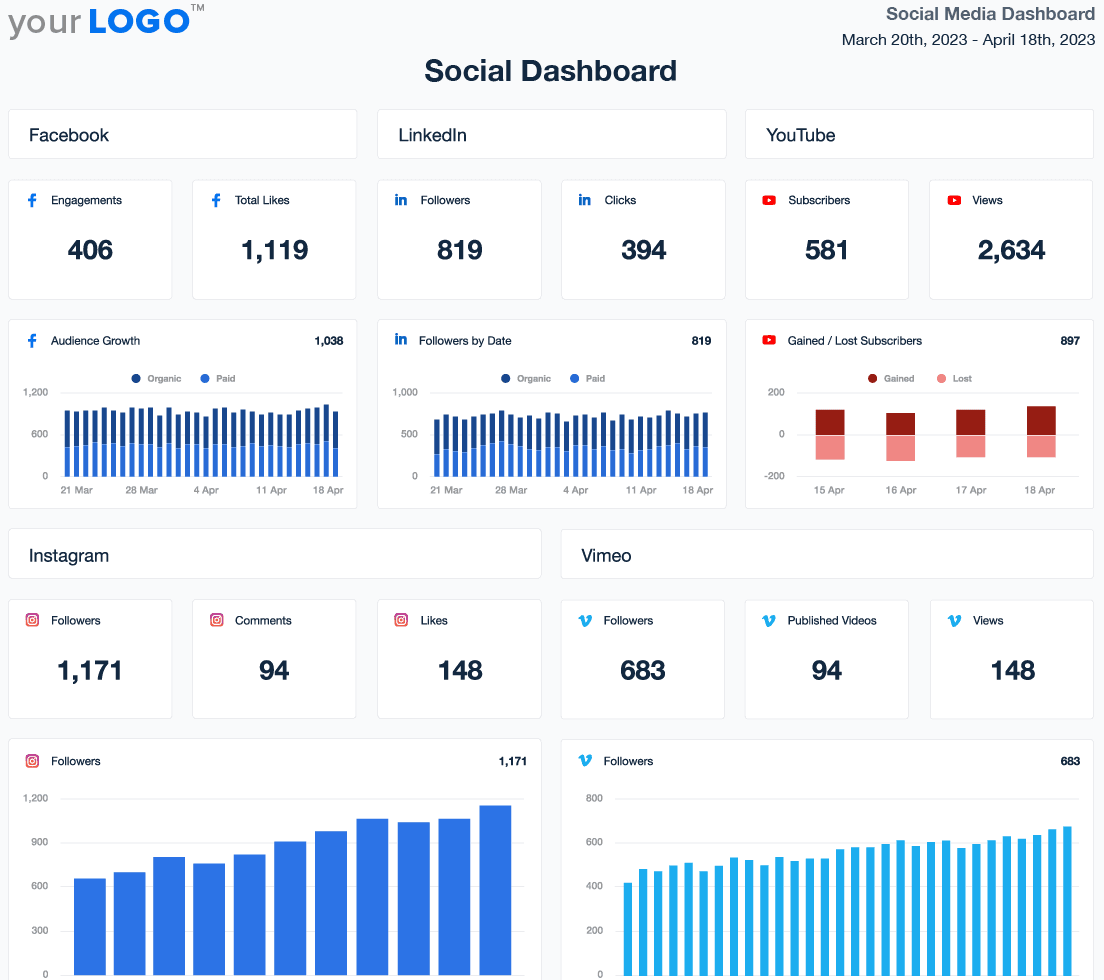
Need to add a new platform to a client campaign? Stay on top of all your clients' social media metrics with a live dashboard that updates automatically! Try it free with AgencyAnalytics for 14 days!
4. Slow and Steady Doesn’t Win Anymore
Eight seconds. That’s the average amount of time Gen Z takes before deciding to move on from a piece of unengaging content. Eight seconds is the window marketers have to grab–and keep–their attention.
Agencies don’t have time for slow and steady. As a generation who grew up in the digital age, Gen Z is prone to high-sensory visuals when it comes to their preferred content. They make quick, pragmatic decisions. They’ve become adults amid Tinder and TikTok, and these instant-gratification apps drive Gen Z’s decision-making.
Pack content with big punches–(hint: it’s often interactive video). Your hooks need to really hook. Talking heads in front of a screen aren’t enough. Videos need to have exciting visuals in addition to the talking head. Bright subtitles, relevant graphics, and relatable GIFs all can add to a captivating first eight seconds.
5. Practice What You Preach
This one is also good life advice in general.
Gen Z is very good at sticking to their cause. A big one for them is sustainability and environmentalism. Many young people are ditching fast fashion and single-use plastic and adopting a vegan diet and lifestyle to reduce their impact on the planet.
Gen Z demands businesses use their power for good. Giving back sometimes isn’t as important as giving up something. Giving up $1 million in profits in order to source sustainable products is more attractive to Gen Z than donating $10 million to conservation efforts if a company is unethically sourcing products.
Winning the approval of Gen Z isn’t going to happen with marketing messaging alone. Because of this demand in the market, companies have implemented corporate social responsibility or CSR efforts across their operations and production. Gen Z is holding companies accountable, giving marketing agencies the opportunity to highlight the CSR efforts of their clients and gain Gen Z’s social approval.
Leading with values isn’t just a buzzword for Gen Z, they want to see the proof in the pudding. They want to know that their dollars are going to companies who aren’t harming the planet or the people on it.
Whatever your passion is, make it known and walk the walk. You’ll not only sleep better at night but also gain the respect of an enormous portion of the online market.
6. Understand the Changing World of Demographics and Psychographics
Demographics are common identifiable factors like gender, income, and zip code. But Gen Z leads the way in inclusive, non-binary conversations. Making their demographics less indicative of their purchasing decisions.
Instead, focusing on psychographics can be more insightful. Psychographics are less quantifiable features like one’s ability to be interested in saving money, or their relationship to money, or whether they care about climate change.
Gen Z users want to engage with content. They want to be involved. It goes back to the need for autonomy in their decision-making. When they interact with a piece of content, they are a part of it. They have a small piece in how it unfolds.
Agencies can adapt to this in innovative ways beyond just the tools the social apps already give us. They’re open and ready for a combination of sensory content like climbing on milk crates or giving a whole new meaning to a quote from a favorite childhood film.
Interactive content is great for top-of-the-funnel research as well. You can easily see which posts have the most engagement and are trending to have a better-informed content strategy with fresh ideas to try out.
7. Out With the Old!
Ok, hear me out. I don’t mean throw away all you know and believe about business and start saying ‘slay’ in response to everything. Instead, listen to this generation's requests and figure out what changes you can implement to better everyone’s experience of your brand.
Whether your online shop needs a refresh, your website needs to be more user-friendly for mobile devices, or your content needs to be more accessible, there are always ways in which you can improve.
As I said earlier, change is a good thing. It’s understandable if it makes you initially feel a little uneasy, but I can guarantee you’ll adapt. In fact, you might just find you’ll thrive when you figure out what no longer works for you and what does!
We have Gen Z to thank for many positive changes in our industry. Their passion and unwillingness to conform have totally revolutionized the marketing agency model as we know it for the better, so strap in and enjoy the ride.

Written by
Nick Butler is the founder of Ireland Website Design, an eCommerce digital agency specializing in solutions for retailers, and LearnRight, an online learning management system for organizations and businesses.
Read more posts by Nick ButlerSee how 7,000+ marketing agencies help clients win
Free 14-day trial. No credit card required.



